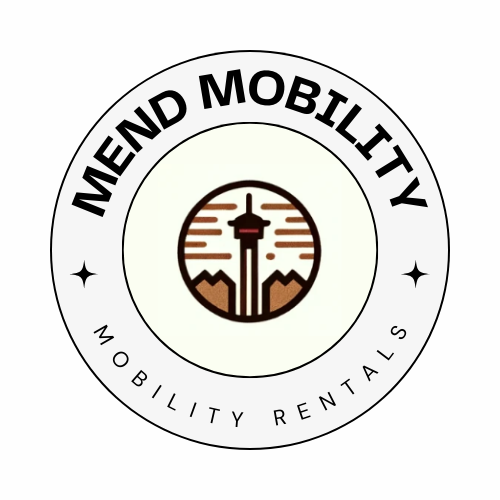When faced with the need for a knee scooter, one of the first questions that may come to mind is whether your insurance will cover the cost.
The Canadian government offers various HST credits and exemptions for eligible medical expenses. This includes the purchase of handicap scooters, wheelchairs, walkers, and oxygen concentrators. For walkers, rollators, and other walking aids, you need a valid prescription to claim the expense on your tax return.
You can claim eligible mobility device purchases for the calendar year if they total 3% of your net income or $2,352, whichever is less.
You can also typically claim mobility device purchases on your provincial tax return. However, the specifics will vary by province. For more details, visit the Canada Revenue Agency.
The good news is that many private medical plans in Canada, including those offered by Blue Cross, Great West Life, and Sun Life, do provide coverage for renting knee walkers under the category of Medical Appliance Rentals.
Here's an example from Medavie Blue Cross on what information they'll need to cover your rental costs of a medical device such as knee scooter.
Here’s what you need to know to navigate the insurance landscape and get the reimbursement you deserve.
Understanding Insurance Coverage for Knee Scooters
1. Check Your Health Insurance Plan
To begin, it’s essential to review your health insurance plan. Many private insurers include knee scooters in their coverage under Medical Appliance Rentals. Plans from providers like Blue Cross, Great West Life, and Sun Life often cover the cost of renting a knee walker. However, coverage details can vary, so it’s important to confirm with your specific insurer.
2. Get a Prescription from Your Doctor
For insurance to cover the cost of your knee scooter rental, you will need a prescription from your doctor. This prescription should specifically state that you require a knee walker. Having this documentation is crucial as it serves as proof of medical necessity, which most insurers require for reimbursement.
3. Multiple Rentals
If you anticipate needing more than one knee walker, for instance, if you are renting one for home and another for work, ask your doctor to note this in the prescription. Some insurance plans cover the cost of multiple rentals, but this must be clearly stated by your healthcare provider.
4. Verify Coverage Details
If you are unsure whether your medical plan covers knee scooters, contact your insurer directly. Ask about the specifics of what your plan includes under Medical Appliance Rentals. This proactive step can save you from unexpected expenses and ensure you have the right information to proceed.
5. GST Exemption
One financial benefit of renting knee walkers in Canada is that they are considered medical appliances by the Canada Revenue Agency. This classification means they are exempt from GST charges, potentially reducing your overall cost.
Insurance coverage for knee scooter rentals may seem as a bit of a nuisance, but by following these steps, you can simplify the process and save on costs. Always check your plan details, get the necessary prescriptions, and verify specifics with your insurer to ensure you get the coverage you’re entitled to.
By understanding your insurance options and taking the right steps, you can focus on your recovery with peace of mind, knowing that your knee scooter rental is covered. At Mend Mobility, we’re here to help you through every step of your recovery journey.

